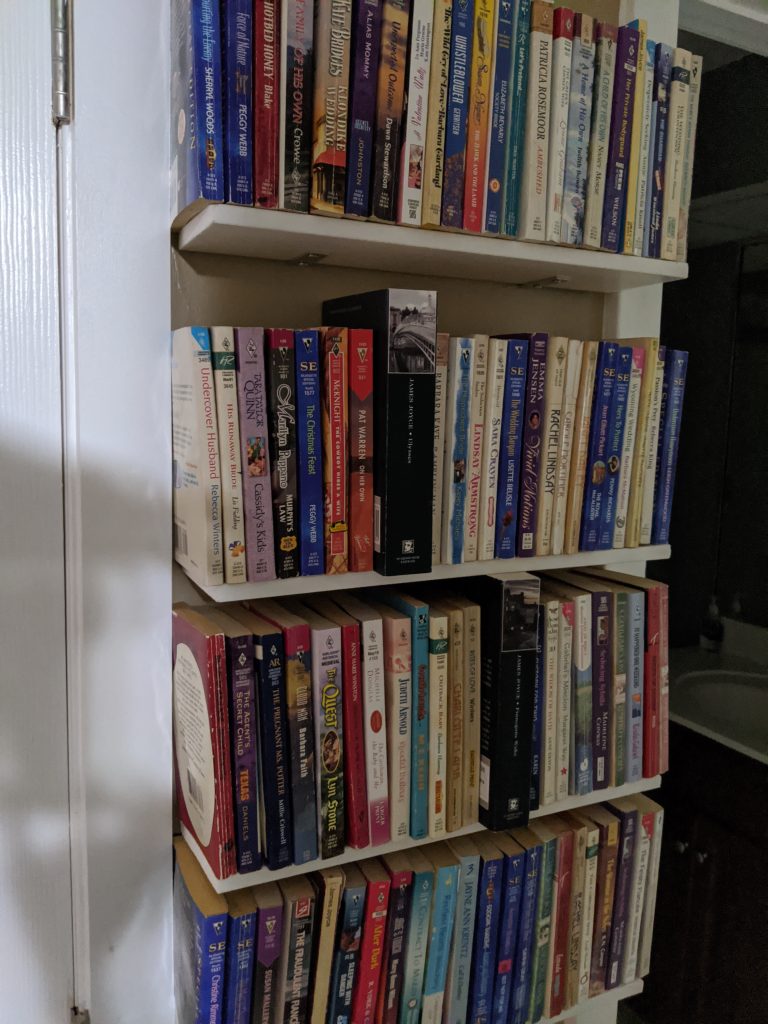L
logruspattern
Guest
As is evident by my screen name, I'm a Zelazny fan. I think I've read most of his work, including the good, the bad and the ugly. My plug for his best works would be:
- The Amber series: My intro to Zelazny. Prince already gave the gist. I would add that the Law and Chaos duality in the book seems very much like the B/X version of alignment with just the poles of law and chaos and without good and evil. The publication times for Amber and B/X check out on this such that it may have been the inspiration for it.
- Don't forget the Amber short stories. If you can find them.
- Lord of Light is my favorite work of his. Prince described it as science fiction, but the planet it is set on is low-tech but for the planet's ruling class such that it also has many elements of a fantasy setting. It's a good mix of both.
- This Immortal: Zelazny works with the stuff of Greek myth in this one. It is set on Earth post nuclear holocaust. An intelligent alien species has made contact and treats humanity and Earth peacefully but with condescension. Radiation has made most of the planet uninhabitable. For obvious reasons but also because enough time has passed that the wildlife and people have mutated into creatures of myth and legend. The character of Hassan the assassin is excellent.
- A Night in the Lonesome October: I recommend this one as well.
- Donnerjack: One of his later ones that is among the best of his work. A brilliant Scottish computer scientist has created a system that allows humanity to interface with a virtual world that exists independently of our own. Among the virtual world's inhabitants are Death, with whom Donnerjack makes a Faustian bargain.
- Among Zelazny's short stories, many are worth reading. "For a Breath I Tarry" is a retelling of Faust with robotic protagonists. When I read the background for Anomalous Subsurface Environment, I immediately thought it might have been inspired by this story.
I rate Zelazny's prose highly in his best works. I also think he is a master of atmosphere. Specifically, he evokes the sense of a wider world within a few sentences. He'll give you just enough so that your mind can fill in the blanks. I compare this to Game of Throne's tedious world-building. I'm not interested in the fashions of Westeros or what's for breakfast. Zelazny would be my best example of this skill that was discussed in the Ambiance, Allusions, and Limitations thread.
- The Amber series: My intro to Zelazny. Prince already gave the gist. I would add that the Law and Chaos duality in the book seems very much like the B/X version of alignment with just the poles of law and chaos and without good and evil. The publication times for Amber and B/X check out on this such that it may have been the inspiration for it.
- Don't forget the Amber short stories. If you can find them.
- Lord of Light is my favorite work of his. Prince described it as science fiction, but the planet it is set on is low-tech but for the planet's ruling class such that it also has many elements of a fantasy setting. It's a good mix of both.
- This Immortal: Zelazny works with the stuff of Greek myth in this one. It is set on Earth post nuclear holocaust. An intelligent alien species has made contact and treats humanity and Earth peacefully but with condescension. Radiation has made most of the planet uninhabitable. For obvious reasons but also because enough time has passed that the wildlife and people have mutated into creatures of myth and legend. The character of Hassan the assassin is excellent.
- A Night in the Lonesome October: I recommend this one as well.
- Donnerjack: One of his later ones that is among the best of his work. A brilliant Scottish computer scientist has created a system that allows humanity to interface with a virtual world that exists independently of our own. Among the virtual world's inhabitants are Death, with whom Donnerjack makes a Faustian bargain.
- Among Zelazny's short stories, many are worth reading. "For a Breath I Tarry" is a retelling of Faust with robotic protagonists. When I read the background for Anomalous Subsurface Environment, I immediately thought it might have been inspired by this story.
I rate Zelazny's prose highly in his best works. I also think he is a master of atmosphere. Specifically, he evokes the sense of a wider world within a few sentences. He'll give you just enough so that your mind can fill in the blanks. I compare this to Game of Throne's tedious world-building. I'm not interested in the fashions of Westeros or what's for breakfast. Zelazny would be my best example of this skill that was discussed in the Ambiance, Allusions, and Limitations thread.
